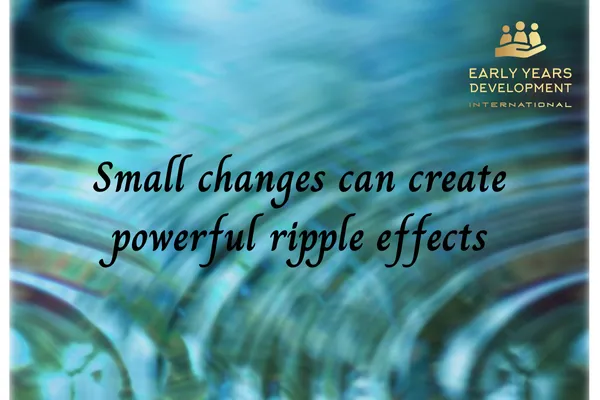
"Why won't they listen?"
"

"Why won’t they listen?" — Understanding and supporting children who don’t respond straight away
Whether you’re a parent or an early years professional, you’ve probably experienced it: you ask a child to do something… and nothing happens.
During my workshops and conversations with parents, one question comes up again and again in different forms:
“How can I get Child A to do what I ask? They just ignore me.”
It’s a question that comes from a place of frustration, but also from a genuine desire to connect and guide children more effectively. When a child doesn’t respond, it’s easy to jump to conclusions about defiance or disinterest — but often, there’s much more going on beneath the surface.
Here are some points for parents and professionals to consider when this happens:
Have they heard you?
It may sound obvious, but sometimes a child may not have heard your request. This could be due to an undiagnosed hearing challenge, background noise, or simply being deeply focussed on what they’re doing.
Did you get their attention first?
Before giving instructions, make sure you have the child’s full attention. This might mean getting down to their level, using their name, and making eye contact. Some children will need one-to-one explanation rather than group direction.
Have you explained it in a way they can understand?
Children process information differently. Use clear, simple language and visual cues when possible. What makes perfect sense to you may need breaking down further for them.
Do they understand time?
If you’re giving a time limit — like “You have five minutes” — remember that not all children understand the concept of time. Use a visible timer and explain how it works so they can see time passing.
Are they deeply engaged?
Sometimes, children become so absorbed in their play that they are unaware of what’s happening around them. They may not realise it’s time to transition to the next activity.
Is it urgent to move on right now?
If they’re not ready to finish, ask yourself if it’s truly necessary for them to stop at that exact moment. Could a few more minutes allow them to complete their activity and transition more willingly?
Remember — behaviour is communication
When a child doesn’t respond, it’s rarely about being “naughty.” It’s about needs, readiness, understanding, and connection. For both parents and professionals, shifting the focus from control to communication can make all the difference.
Your turn:
Are there any other strategies you’ve found helpful in these situations? I would love to hear them - share them - your insight could be just what another parent or early years professional needs.
Take care,
Tina
www.earlyyearsdevelopmentinternational.co.uk/link-tree414209